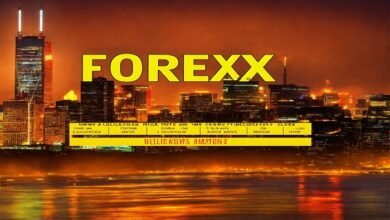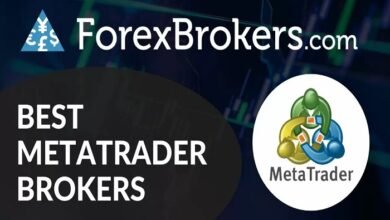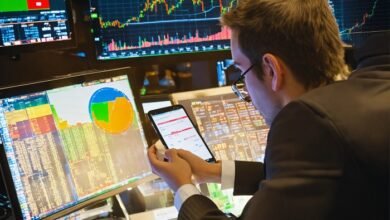
Introduction:
In the realm of international finance, wholesale foreign exchange (FX) stands as a cornerstone. Wholesale FX, often referred to as the interbank market, is the arena where major financial institutions engage in large-volume currency transactions. Understanding the dynamics of wholesale FX is crucial for traders navigating the global marketplace.
The Essence of Wholesale Foreign Exchange:
Wholesale foreign exchange encompasses the buying and selling of currencies in large volumes at interbank rates. These transactions typically involve major financial institutions, central banks, and multinational corporations.
Market Participants in Wholesale FX:
Wholesale FX market participants include commercial banks, investment banks, hedge funds, multinational corporations, and central banks. These entities engage in transactions to facilitate international trade, investment, and hedging activities.
Liquidity and Efficiency in Wholesale FX:
One of the defining features of wholesale FX is its high liquidity. The market operates 24 hours a day, five days a week, allowing participants to execute trades swiftly and efficiently.
Price Determinants in Wholesale FX:
Several factors influence exchange rates in wholesale FX, including interest rates, inflation, economic indicators, geopolitical events, and market sentiment. Understanding these drivers is essential for making informed trading decisions.
Trading Strategies in Wholesale FX:
Traders in the wholesale FX market employ various strategies to capitalize on price fluctuations and market trends. These may include carry trades, arbitrage, trend following, and algorithmic trading.
Risk Management in Wholesale FX:
Given the volatility inherent in currency markets, risk management is paramount for wholesale FX traders. Strategies such as position sizing, stop-loss orders, and hedging techniques help mitigate potential losses.
Regulatory Framework in Wholesale FX:
Regulation plays a vital role in ensuring the integrity and stability of the wholesale FX market. Regulatory bodies such as the Bank for International Settlements (BIS) and national authorities oversee compliance with rules and standards.
Technological Advancements in Wholesale FX:
Advancements in technology have transformed the landscape of wholesale FX trading. Electronic trading platforms, algorithmic trading algorithms, and high-frequency trading have revolutionized market dynamics.
Global Economic Impact of Wholesale FX:
The wholesale FX market plays a significant role in facilitating global trade, investment, and economic growth. Fluctuations in exchange rates can impact inflation, interest rates, and the competitiveness of nations’ economies.
Future Trends in Wholesale FX:
Looking ahead, the wholesale FX market is poised for further evolution. Technological innovations, regulatory developments, and shifts in global economic dynamics will shape the future landscape of wholesale FX trading.
Conclusion:
Wholesale foreign exchange serves as the backbone of global finance, facilitating trillions of dollars in transactions daily. By understanding its mechanisms, market participants can navigate the complexities of international trade and investment with confidence.
FAQ:
1. What distinguishes wholesale FX from retail FX?
Wholesale FX involves large-volume transactions between major financial institutions at interbank rates, while retail FX caters to individual traders and smaller institutions.
2. How do central banks influence wholesale FX markets?
Central banks intervene in wholesale FX markets through monetary policy measures such as interest rate adjustments and foreign exchange interventions.
3. What role do currency futures and options play in wholesale FX trading?
Currency futures and options provide wholesale FX traders with tools for hedging, speculation, and risk management, allowing them to mitigate exposure to exchange rate fluctuations.
4. Are there risks associated with wholesale FX trading?
Yes, wholesale FX trading carries inherent risks due to market volatility, geopolitical events, and economic uncertainties. Risk management strategies are essential for mitigating these risks.
5. How can I get started with wholesale FX trading?
To get started with wholesale FX trading, you’ll need to open an account with a reputable brokerage or financial institution that offers access to the interbank market. Additionally, gaining knowledge and experience through education and practice is crucial for success in this competitive arena.





